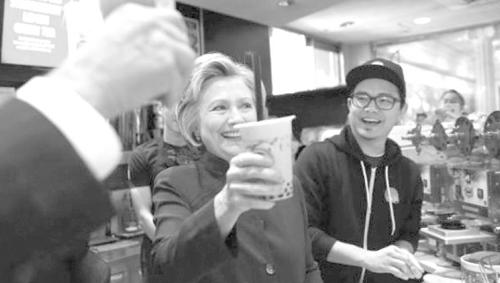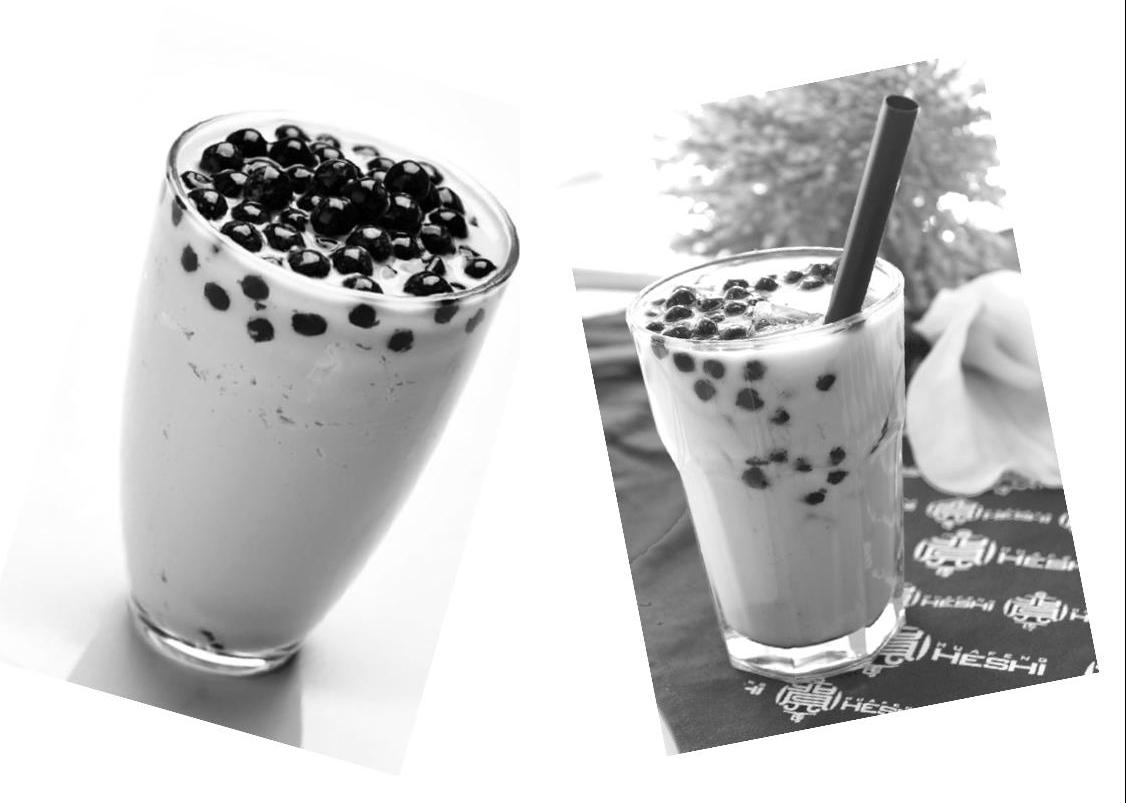珍珠奶茶的兴起
2020-10-09MaggieHiufuWong
Maggie Hiufu Wong


关于台湾珍珠奶茶的起源争议不断。在台湾奶茶界,素有“北春水南翰林”之称的台中市的春水堂和台南市的翰林茶馆两间店铺均宣称是珍珠奶茶的发明者。但无法否认的是,自诞生以来,台湾奶茶引领了台湾茶文化潮流。
Invented in the 1980s, bubble tea is a beloved Taiwan classic. Though there are dozens of different variations, at its core its a combination of tea, milk and the“bubbles”—which are essentially little balls made of anything from tapioca to fruit jelly.
The popular Taiwanese drink has taken the world by storm in recent years. Bubble tea orders in Southeast Asia recorded a 3,000% increase in 2018 alone, while the drink has been popping up in menus outside of Asia for quite some time as well. Germany, for instance, added bubble tea to its McDonalds menu back
in 2012.
In 1986, Taiwanese artist and entrepreneur Tu Tsonghe decided to start a new business venture. “I was visiting a market in Tainan when I saw fenyuan(tapioca balls), a traditional snack I loved from my childhood,” recalls Tu.
“I thought to myself—‘why dont I add some fenyuan into my green tea? The white fenyuan looks almost translucent with a white center when brewed inside the golden green tea, much like my mothers pearl necklace,” Tu said. “So I coined the term ‘zhen zhu lv cha (pearl green tea).”
Tu then experimented by adding bigger, black tapioca balls to milk tea for a richer taste and a chewier texture, which became the classic bubble milk tea most fans know and love today. His first bubble tea shop, Hanlin, opened its door in October of 1986. It now operates about 80 branches across Taiwan and has franchises around the world.
A key figure who contributed to getting bubble tea into the international market is Assad Khan. He owns one of the biggest home?grown bubble tea brands in the UK. “I had my first taste of bubble tea in New York in 2009, and it was love at first sip,” he says. “It wasnt anything like Id ever tasted. The variation in texture with the tea?based beverage and tapioca balls created a unique hybrid dessert.”
Although bubble tea had become popular in Chinatowns overseas, it remained unheard?of among most people outside Asia. Khan saw a gap in the market. He decided to quit his job and launched Bubbleology in 2011. The first Bubbleology shop, in Londons trendy Soho area, turned the beverage into a fashionable lifestyle drink in the UK.
“The best part about bubble tea is its entirely customizable nature. You dont find this with other offerings in the impulse snack category,” says Khan.
These days, bubble tea continues to evolve in both taste and texture. A new crop of shops selling brown sugar bubble tea—using natural brown sugar and fresh milk instead of plain sugar and creamer—has been popping up across Asia in recent months. And Bubbleology is planning to introduce a new “Skinny Teas” product line—made with reduced sugar and or?ganic soya milk—to “appeal to the modern audiences interest in health and wellness”.
Word bank
1. tapioca /?t?pi???k?/ n. 木薯淀粉
2. translucent /tr?ns?lu?snt/ adj. 半透明的
3. texture /?tekst??(r)/ n. 质地;口感
4. beverage /?bev?r?d?/ n. (除水以外的)饮料
5. hybrid /?ha?br?d/ n. (不同事物的)混合物
